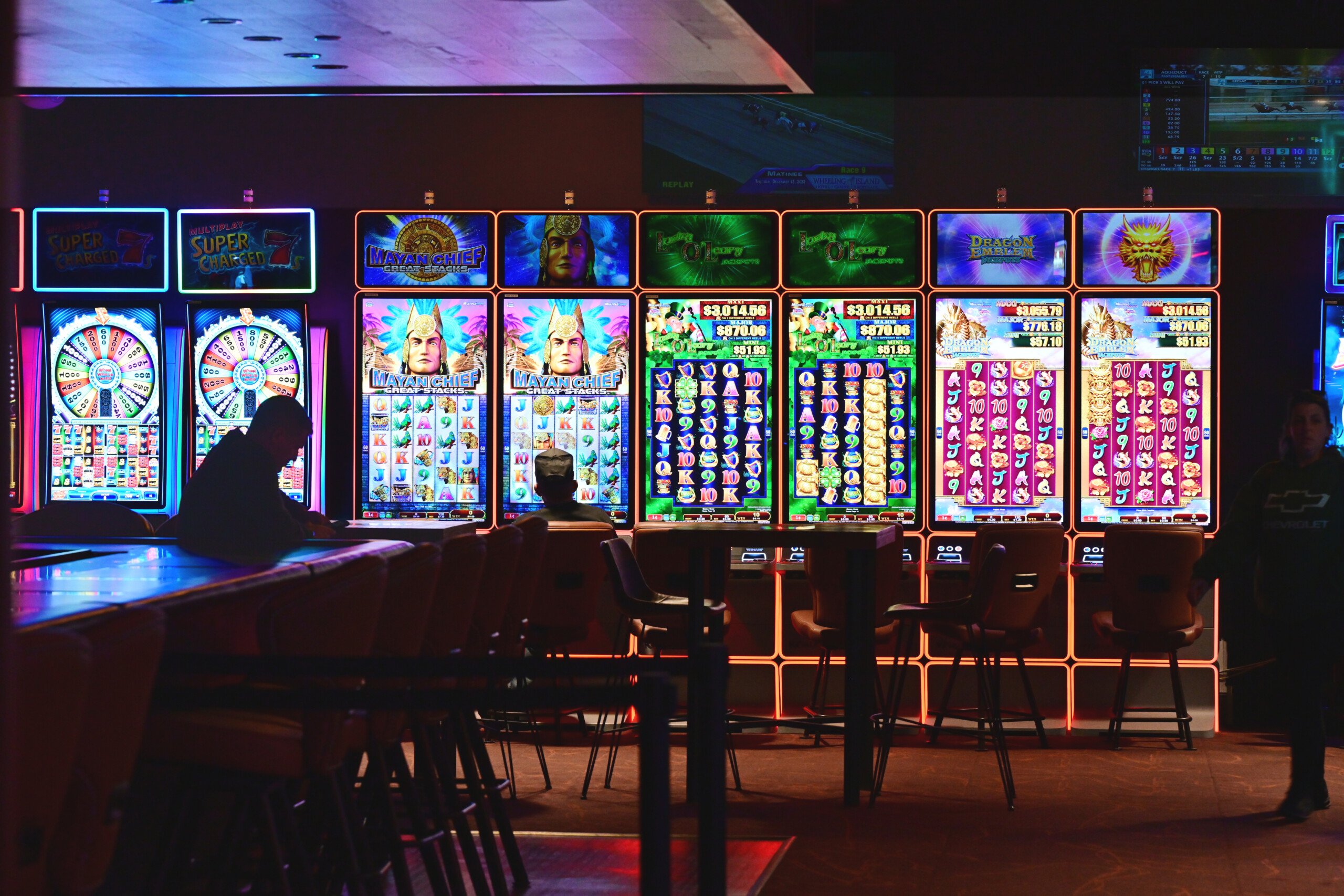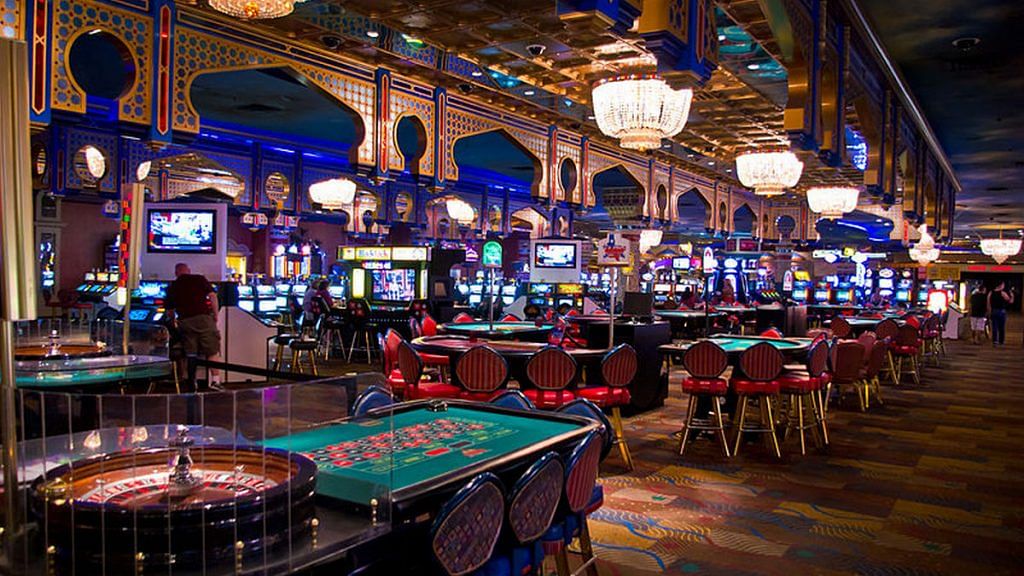Comprehending the Various Forms of Playing Cards in Gambling Games

Casino games have been a well of entertainment and excitement for numerous players around the globe. One of the key components that make these games captivating is the variety of cards employed in various kinds of games. Understanding the various kinds of cards can improve your experience and refine your gameplay approaches. Whether you are attracted to classic card games like Texas Hold’em and 21 or modern casino games, each game depends on a distinct set of cards that affects the rules and the flow of play.
In casino environments, cards come in several forms, each tailored to meet the needs of specific games. From regular decks to specialized card types, the diversity plays a key role in molding the mechanics of each game. By familiarizing yourself with these cards and their uses, you can gain more profound insights into the games and make more informed decisions at the table. https://hello88n.net/ This understanding not just enriches your gaming experience but also adds to a more sophisticated approach to your odds of winning.
Types of Playing Cards
When it comes to casino games, the type of playing cards used can greatly impact the gameplay and strategy. The most frequent deck is the standard 52-card deck, which consists of four suits: hearts, diamonds. Each suit contains thirteen ranks, from ace to King. This traditional deck is essential in numerous games, such as poker, where gamblers aim to form the best hand possible or approach 21 as they can.
Some casino games use special decks specifically designed for those games. For example, the well-known game of baccarat often uses various decks combined, typically six or 8. This not only increases the difficulty of the game but also affects wagering strategies, as players must account for the higher number of cards in play. Additionally, certain games may bring in jokers or wild cards, providing further variety and excitement to the gambling experience.
In niche games, custom decks may come into play. For instance, in games like bridge or pinochle, participants might use specific rules with varied card values or roles. These variations keep the gameplay fresh and allow for varied strategies to emerge. Understanding the different types of playing cards and their particular uses in different casino games is key to enhancing one’s gaming experience and boosting overall performance at the tables.
Card Modifications in Gambling Games
In casino games, the type of deck used can significantly impact both the gameplay and the tactics used by participants. Most traditional playing card activities, such as 21 and five-card draw, typically use a standard 52-card pack. However, variations do exist where additional wild cards or even multiple decks are used. For instance, in 21, some gaming establishments may use one to eight packs, which can change the odds and the basic tactics needed to play optimally. Players must be aware of the set of cards composition, as it affects the casino advantage.
Another common variation in gambling playing card activities is the utilization of themed or custom decks. For instance, some poker games might use a deck that includes unique images or designs, which can enhance the atmosphere at the gaming table. These specialized packs often serve to differentiate between different play types or loyalty initiatives within the casino. While the traditional guidelines of the game remain the same, the aesthetics can affect participant engagement and satisfaction.
Lastly, the shuffling techniques employed with various kinds of packs can also impact play. Gaming establishments often utilize automatic shufflers that can randomly reorder multiple packs efficiently, making card counting more difficult. The rate and manner of mixing can differ widely based on the activity and the casino’s rules. Comprehending these deck variations is crucial for any player seeking to enhance their game strategy and overall satisfaction in gaming activities.
Significance of Cards Values
In casino activities, the value of individual card plays a crucial role in determining the outcome of multiple games. Different games assign specific worths to playing cards, affecting tactics and player choices. For case, in 21, playing cards numbered two through ten are valued at their actual value, while court cards hold a worth of ten, and the ace can be worth as 1 or eleven. Understanding these worths allows gamers to make informed choices during gameplay, boosting their chances of winning.
Similarly, in poker, the importance of playing card values extends to hand and hand rankings. High-value cards can form stronger combinations, such as pairs, straights, or flush hands, which are important for winning in the activity. Gamers must assess not only their personal cards but also possible combinations their rivals might hold. This tactical depth adds excitement and challenge, making card values a important element in poker’s appeal.
Furthermore, the cognitive element of playing card values cannot be ignored. Gamers may use the knowledge of playing card values to deceive or confuse their rivals. By grasping how a playing card’s value can change the game’s mechanics, players can more effectively handle risks and gains, creating a thrilling environment in casino activities. Whether competing for fun or for real money, awareness of card values significantly influences the overall gaming encounter.


